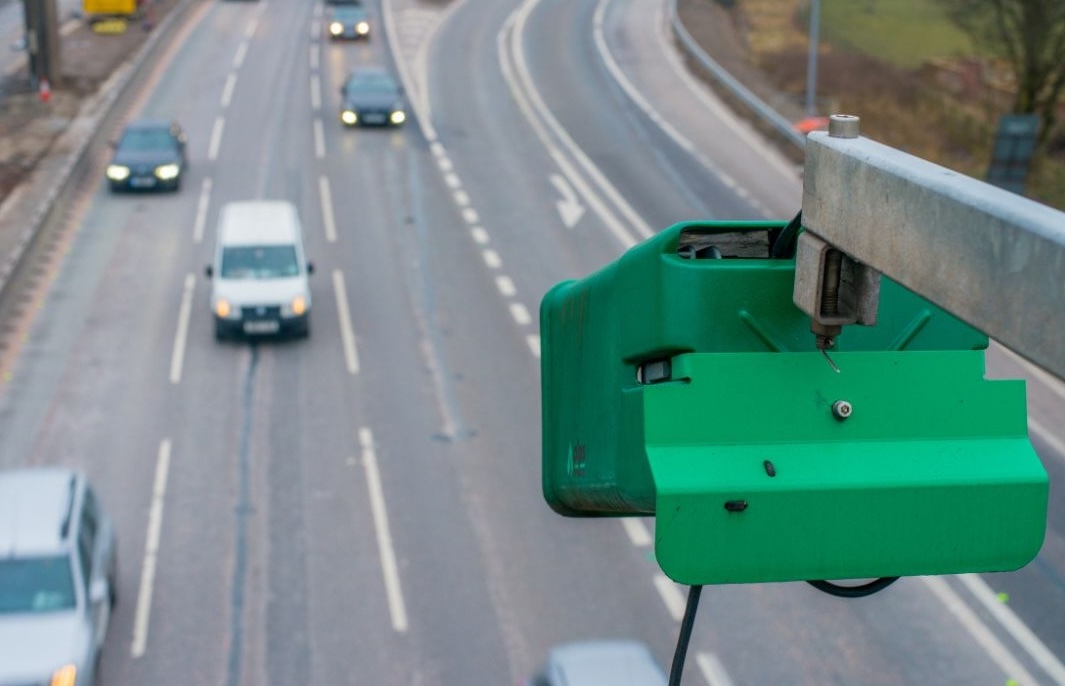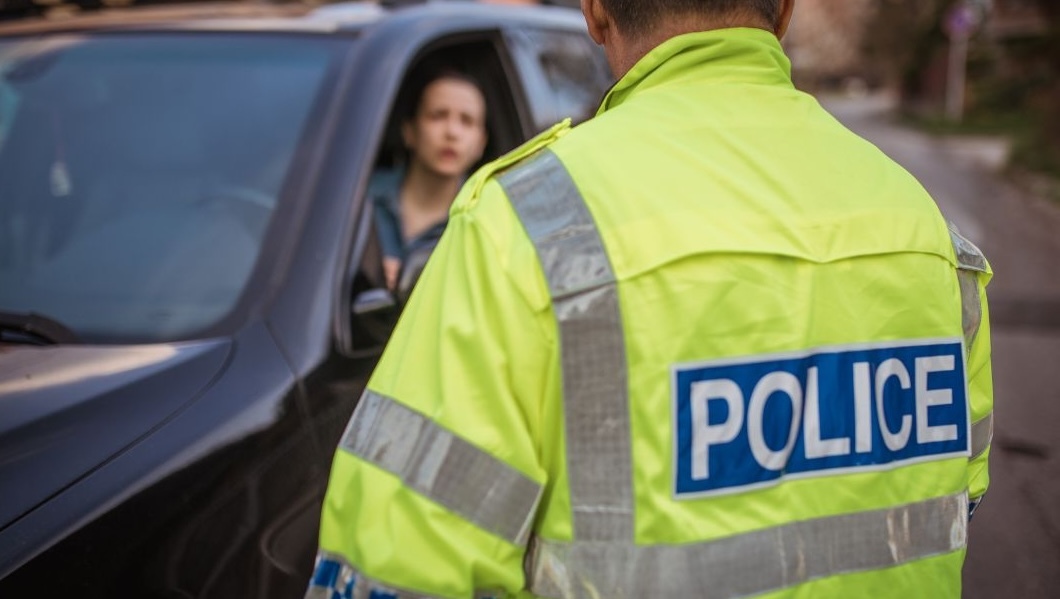When police officers run your number plates, they access a wealth of information about your vehicle and potentially about you as a driver.
Understanding what information is accessed and why this is needed for every driver.
This knowledge can help you comply with the law and protect your rights during any police interaction.
In this article, we’ll explore how number plate recognition works, and what cops see when they run your plates.
We will explain the circumstances under which police might stop your vehicle, your rights during such stops, the legal and privacy implications, and how to make sure your vehicle is compliant.
The Basics of Number Plate Recognition

Automatic Number Plate Recognition (ANPR) is a technology used by police to read vehicle registration plates.
ANPR systems use cameras, often mounted on police cars or at fixed locations, to capture images of number plates.
These images are then processed to extract the plate numbers and cross-referenced with various databases.
ANPR technology was first developed in the UK in the late 1970s and has since been widely adopted by police forces around the world.
In the UK, ANPR is used for several purposes, including detecting uninsured vehicles, tracking stolen cars, and identifying vehicles involved in crimes, even those that use a custom number plate built with a plate builder.
The technology helps police quickly and efficiently identify potential issues without needing to manually check each vehicle.
What Information Do The Police Get?
When police run your number plates through ANPR, they access several key pieces of information.
This includes your vehicle's registration details, tax status, insurance status, and MOT (roadworthiness) status.
The system checks these details against databases maintained by the Driver and Vehicle Licensing Agency (DVLA) and the Motor Insurers' Bureau (MIB).
The information obtained can be either real-time data or stored data from previous scans. Real-time data allows police to act immediately if they detect an issue, such as an uninsured vehicle.
Stored data helps build a history of vehicle movements and can be used in ongoing investigations.
This information aids police in enforcing road safety and legal compliance, as well as in broader criminal investigations.
For example, if a vehicle is linked to a suspect, ANPR data can help track its movements.
Can Police Stop Your Vehicle if They Don’t Use ANPR?
Police have other methods to identify vehicles aside from ANPR.
Officers on patrol may manually check number plates against their databases or stop vehicles that appear suspicious or are committing a traffic violation.
There are various circumstances under which the authorities may perform a police vehicle stop.
These include routine checks to see if your vehicle is roadworthy and the driver has valid documents, targeted stops based on intelligence or suspicion, and random checks as part of broader road safety campaigns.
The police have the legal authority to stop any vehicle on the road. They can ask for your driving licence, insurance details, and other relevant documents.
You need to understand that these stops can be random and do not necessarily imply wrongdoing.
What Are My Rights During a Vehicle Stop?

When stopped by police, you have certain legal rights. You are required to show your driving licence, insurance certificate, and MOT certificate if asked.
If you don’t have these documents on hand, you may be asked to present them at a police station within seven days.
If you believe your rights are being violated during a stop, you can file a complaint with the police force involved.
Always remain calm and respectful during the interaction, and try to note down the officer's badge number and the details of the incident.
After an interaction with the police, if you feel your rights were violated or if you were treated unfairly, you can take steps to address the issue.
This includes seeking legal advice, from the likes of Citizens Advice Bureau, and filing a formal complaint. Knowing your rights can help you navigate these situations more confidently.
Legal Grounds and Privacy Concerns
The use of ANPR and the data it collects are governed by specific laws and regulations to protect privacy and help with proper use.
In the UK, the Data Protection Act and other related laws regulate how ANPR data can be collected, stored, and used.
Privacy concerns arise from the extensive data collection involved in ANPR.
While this technology serves law enforcement purposes, it also raises questions about the balance between security and individual privacy.
ANPR data is protected by strict protocols to prevent misuse.
Only authorised personnel have access to this data, and its use is closely monitored.
Understanding these legal frameworks can help drivers feel more secure about how their data is handled.
How Drivers Can Ensure Compliance
To avoid issues when police run your number plates, make sure your vehicle is compliant with all legal number plate requirements.
This includes having a valid MOT, up-to-date tax, and proper insurance coverage.
Regularly check that your vehicle registration details are current and accurate.
Maintaining legal number plates is also required.
Plates must meet specific standards in terms of size, font, and visibility. Using non-compliant plates can lead to fines and other penalties.
Making sure your vehicle meets all legal standards not only keeps you on the right side of the law but also improves road safety for everyone.
Understanding what police see when they run your plates helps you stay compliant and protect your rights.
Contact us for more information on producing the right legal number plates for your vehicle so you don’t fall foul of the law.
